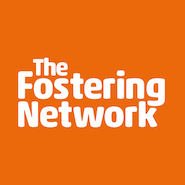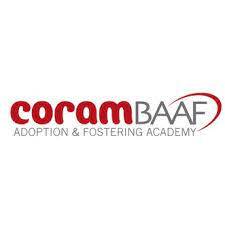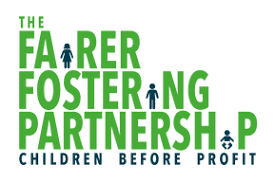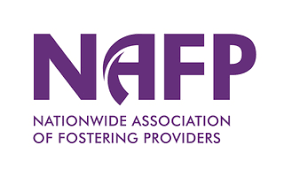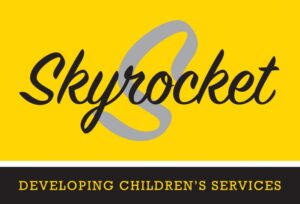Care leavers
The transition to independence

What happens next?
For young people in care who are approaching 18, there have been a lot of efforts put in to map out their next steps into adulthood. Pathway plans are put in place at the age of 15, which outline how a young person will continue to be supported in their transition into independence. The Pathway plan breaks down everything from accommodation to plans for employment and everything in between – plans are reviewed every 6 months to ensure the local authorities keep up with their changing needs. However, when push comes to shove, it can be incredibly difficult to take those first steps, outside of everything they have become accustomed to.
Access the resource centre for tailored information for young people preparing to be independent.

Supporting families through change
There are lots of statistics that highlight the challenges that care leavers face once they leave the care system; the likelihood of mental health issues and homelessness are deeply concerning outcomes when a young person is not provided with the necessary support required to manage their unique and difficult upbringing in the face of living independently.
Our ‘Family for life’ ethos recommends foster carers be very much a part of this process. Young people in care are never left entirely on their own and having developed bonds with a family, often have the option to stay in the family home (via the Staying Put initiative) or are coached through it with their foster family in tow.
Appropriate preparations, tailored to the needs of the young person are key to a successful transition into indepedence, and at The CFT we encourage carers and young people to work together to break down the opportunities now available to them. Children’s Services are bound to support care leavers until the age of 21 to allow young people to focus on their education if that is the route they’ve decided to take.
Exploring options relating to bursaries and other financial support services can go a long way to alleviating anxiety around the next phase of a young person’s life. Understanding these processes, applications etc. can help process the changes that are about to happen, as well as learn fundamental skills that will assist them in their adult life.
Emotional support
Throughout planning a young person’s transition into independence, authorities and carers put a lot of focus on the practicalities of living outside of an established home. Where to sleep, how to get into work, how to get into further education, how to care for yourself etc. This is an overwhelming amount of information and the emotional toll this can take will manifest itself in very different ways depending on the young person. It is imperative that young people are aware of and supported by a network of people they are familiar with to manage the stresses of those practicalities but also the other emotions that may begin to present themselves.

Outside of reunification with birth families, transitioning into independence is the ultimate outcome of a fostering placement. That being said, independence, isolation and loneliness are natural bedfellows – Care leavers can especially struggle, as it can trigger feelings of rejection or highlight issues surrounding a lack of family ties.
Understanding this as part of the transition process helps everyone within their wider support network plan for routine interactions that the young person can count on for regular contact. Having solid routines with plenty of contact with those they are familiar with can make a huge difference to a young person navigating life outside of care.
At The CFT – we maintain close ties with all of our care leavers and provide where we can a set of familiar faces that are always on hand for a chat or to give advice. When you are a part of The CFT, you’re part of a family that doesn’t just end with your placement. You’re part of a network that prides itself on offering helping hands, no matter if you’re a carer, a looked after child or a birth child.

Organisations
There are many ways organisations can support our families and care leavers as they transition into independence – through material and monetary donations.
If you are an organisation please donate furnishings, supplies, computers, toys, comforters – anything that can assist care leavers. Finding their path or making sure our families are equipped with everything they need is imperative to providing a comfortable home for their young people.
Get in touch!
Latest from our Care leavers
Fostering with young children
Coping with stress in fostering
Fostering moments & championing creativity
